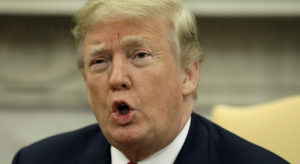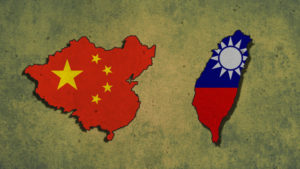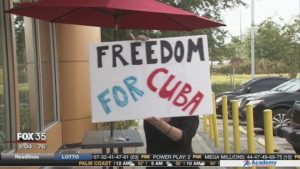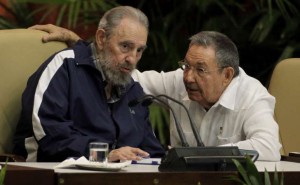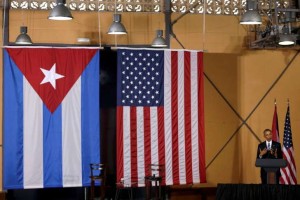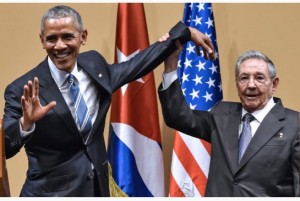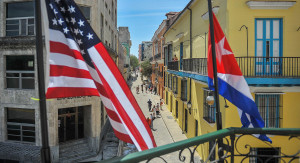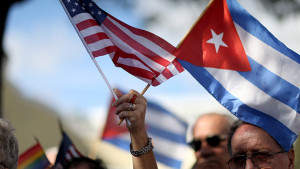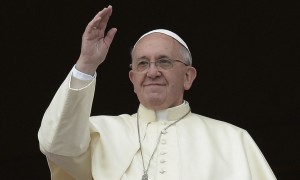Donald Trump has placed yet another bargaining chip on the table as he gets set to meet with North Korean dictator Kim Jong Un.
He said he wants to “normalize” relations with the reclusive Marxist regime.
OK, then. Where do we start with that?
Let’s recall the conservative outcry that erupted when President Barack Obama raised the Stars and Stripes over the newly reopened U.S. Embassy in Havana, Cuba.
Why, we cannot have normal relations with them Cubans. Look at the way they treat their citizens, not to mention that they promote terrorism abroad, they said. That communist Fidel Castro promised to be a reformer when he took over the country in 1959, but he damn sure didn’t live up to that promise, they howled. He made things worse!
Never mind that the Cubans never posed a direct military threat to the United States, particularly after the Soviet Union imploded in 1991. Yes, we had that Cuban missile crisis in 1962, but President Kennedy took care of that with a blockade and the threat of a “full retaliatory response” if the Soviet Union used those missiles to attack any nation in this hemisphere.
So, what will the current president demand of the North Koreans?
What’s more, are we going to hear howls from the right wing about the North Koreans’ treatment of its citizens? Or about how the government starves its people while spending billions on a military apparatus that now includes nuclear weapons?
And what about the North Koreans’ direct military threat to this country, and to the South Koreans, and to Japan?
I do believe as well that Kim Jong Un’s regime has been sponsoring terrorism abroad, too.
I am all in on normalizing relations with North Korea. Any effort to create a U.S.-North Korea bond, though, carries more preconditions than U.S.-Cuba relations did.
To think the president says he doesn’t need much “preparation” in advance of his meeting with Kim Jong Un.
He needs to rethink that bit of idiocy.
